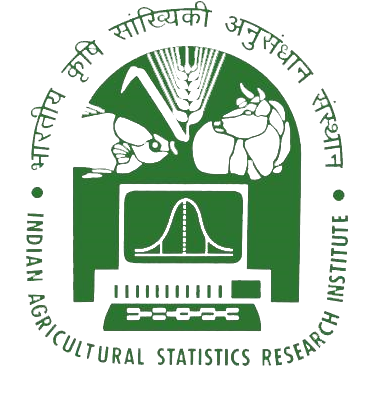TSI: Tissue Specificity Index
The tissue specificity index is a measure of the relative expression of a gene across different tissues or cell types. It is commonly used to identify genes that are highly expressed in a specific tissue, which can provide insights into the function of that tissue and the roles of the genes involved. The tissue specificity index is calculated by comparing the expression of a gene in a specific tissue to its expression in all other tissues in a given dataset. Genes with a high tissue specificity index are considered to be highly tissue-specific and may be involved in tissue-specific functions, while genes with a low tissue specificity index are considered to have a more universal role. The tissue specificity index is a useful tool for studying gene expression patterns and tissue-specific functions.
 |
 |
|---|